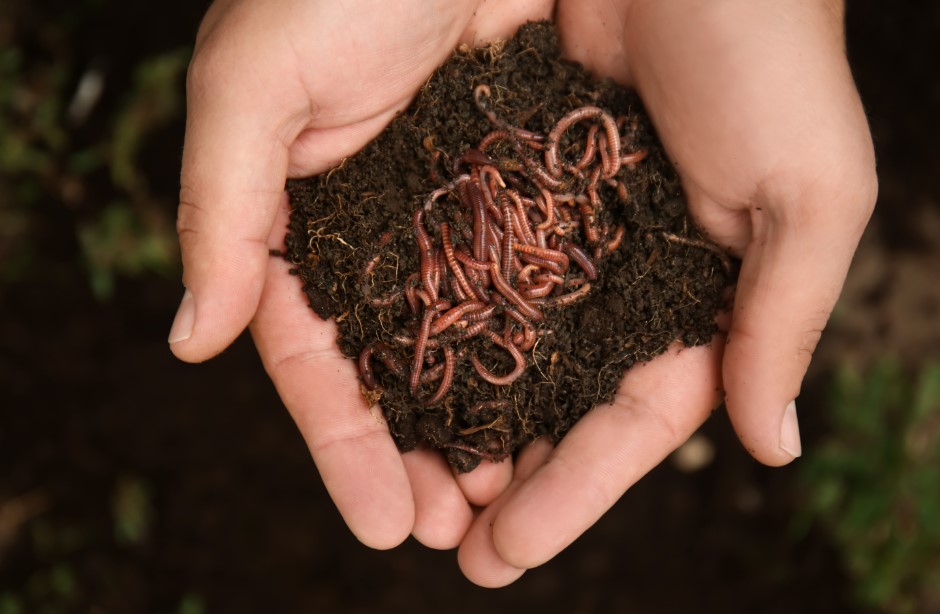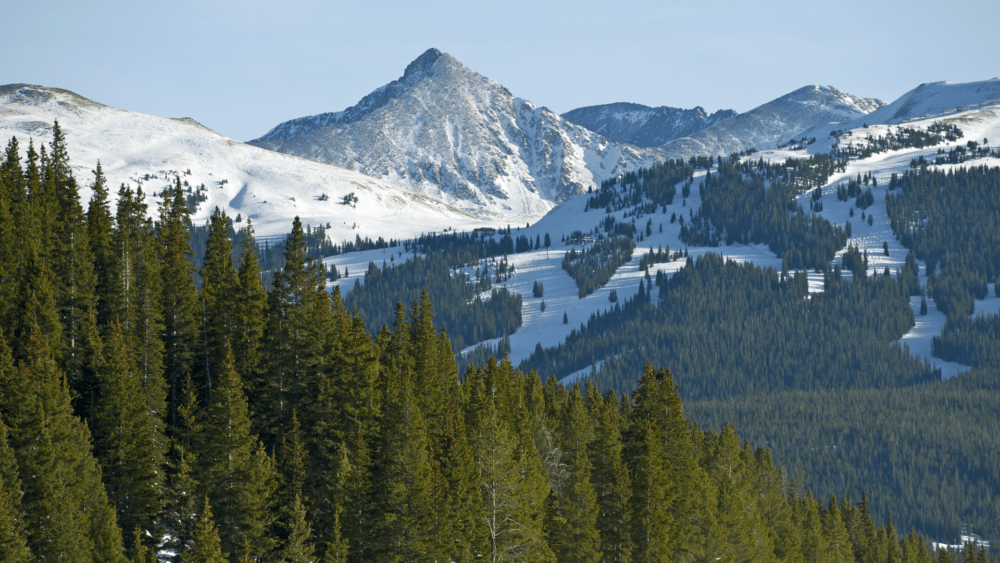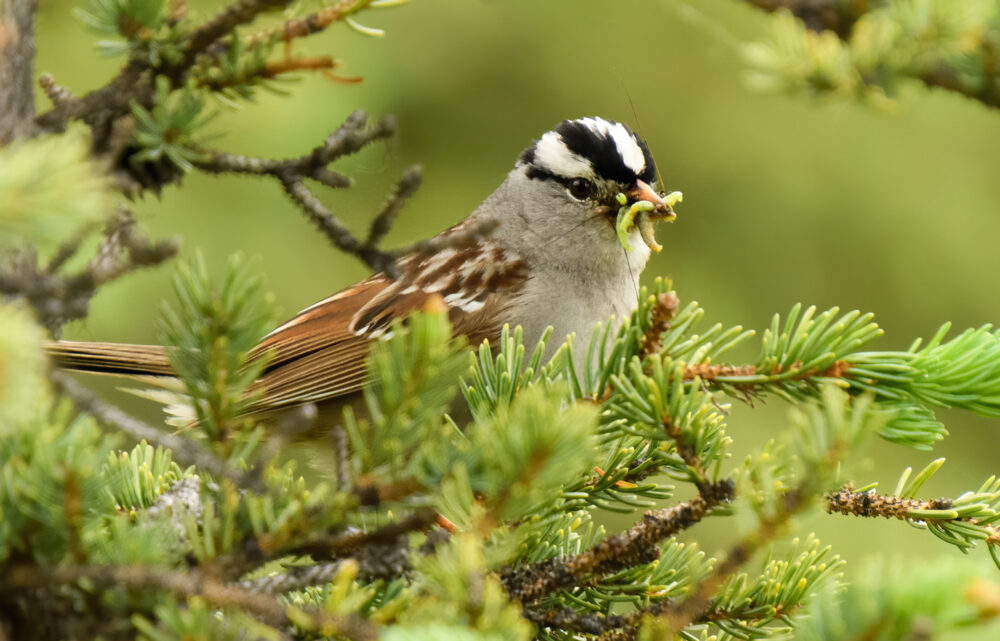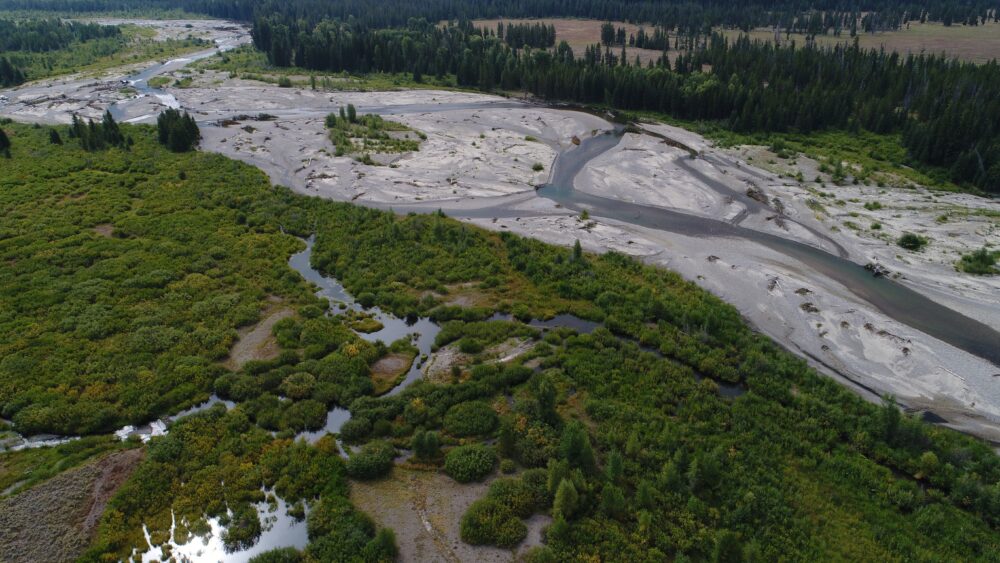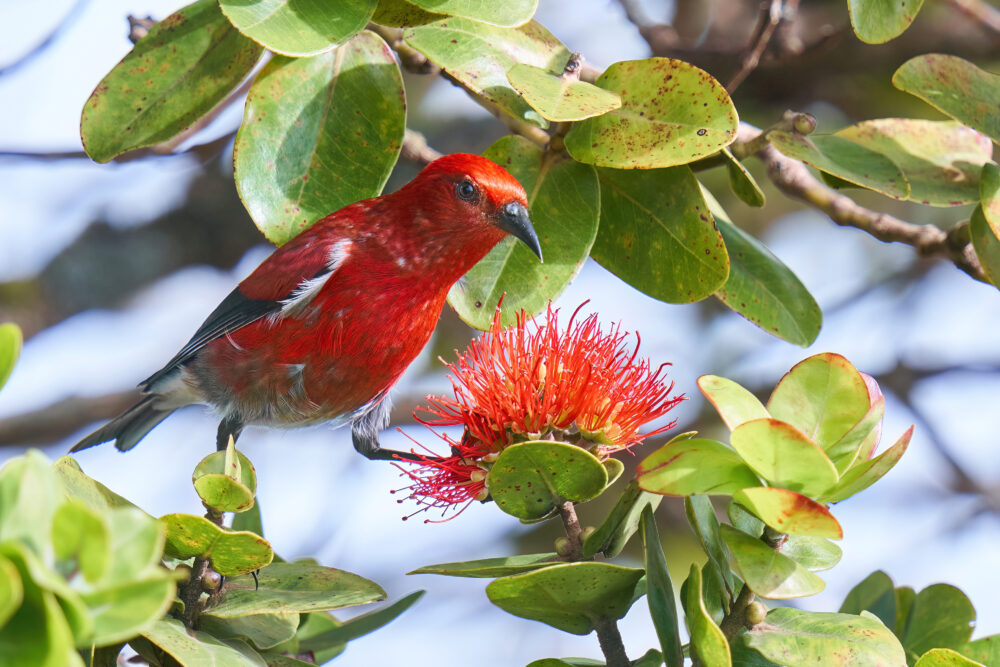We have much more to do and your continued support is needed now more than ever.
Reindeer: 12 Fascinating Facts About These Amazing Creatures

Reindeer are prominent in our holiday music and images. They pull Santa’s sleigh, have red noses, have names, and fly. But how much do you really know about this northernmost deer species?
Here are 12 fascinating facts you can use to impress your friends and family:
- In North America reindeer are also called caribou.
- Both the males and females grow antlers.
- Their noses are specially designed to warm the air before it gets to their lungs.
- Reindeer hooves expand in summer when the ground is soft and shrink in winter when the ground is hard.
- Some subspecies have knees that make a clicking noise when they walk so the animals can stay together in a blizzard.
- Some North American caribou migrate over 3,000 miles in a year – more than any other land mammal.
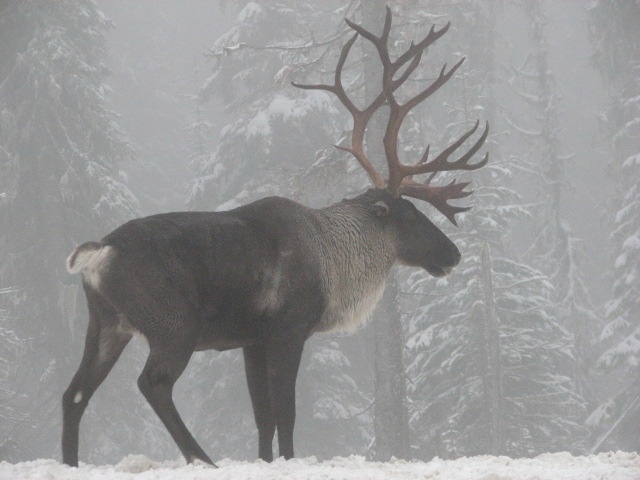
Woodland Caribou. Photo credit: USFWS - Though thought of as a tundra species, a form of caribou lived in southern Idaho until the 19th century (there are ongoing efforts to re-establish them in the state).
- Northernmost species are much lighter in color than species at the southern end their range.
- Reindeer have been herded for centuries by several Arctic and Subarctic peoples.
- The name “reindeer” is of Norse origin (from the old Norse word “hreinn” for deer) and has nothing to do the reins of a sled. The name “caribou” comes to us through the French, from the Mi’kmag “qalipu,” meaning “snow shoveler.”
- Golden eagles are the leading predator of caribou calves in the late spring and fall.
- Once the entire body of a reindeer was found inside a Greenland shark (most likely a case of near-shore scavenging, as opposed to a migrating land shark).
Measure for measure, reindeer are pretty awesome creatures. They are also threatened by global warming, oil exploration and other human-caused pressures. They will surely need our help and appreciation for many holiday seasons to come.
Speak up for reindeer in Alaska and Idaho, and other wildlife across the nation. Tell your representative in Congress to save America’s vulnerable wildlife by supporting the Recovering America’s Wildlife Act.
Take Action














